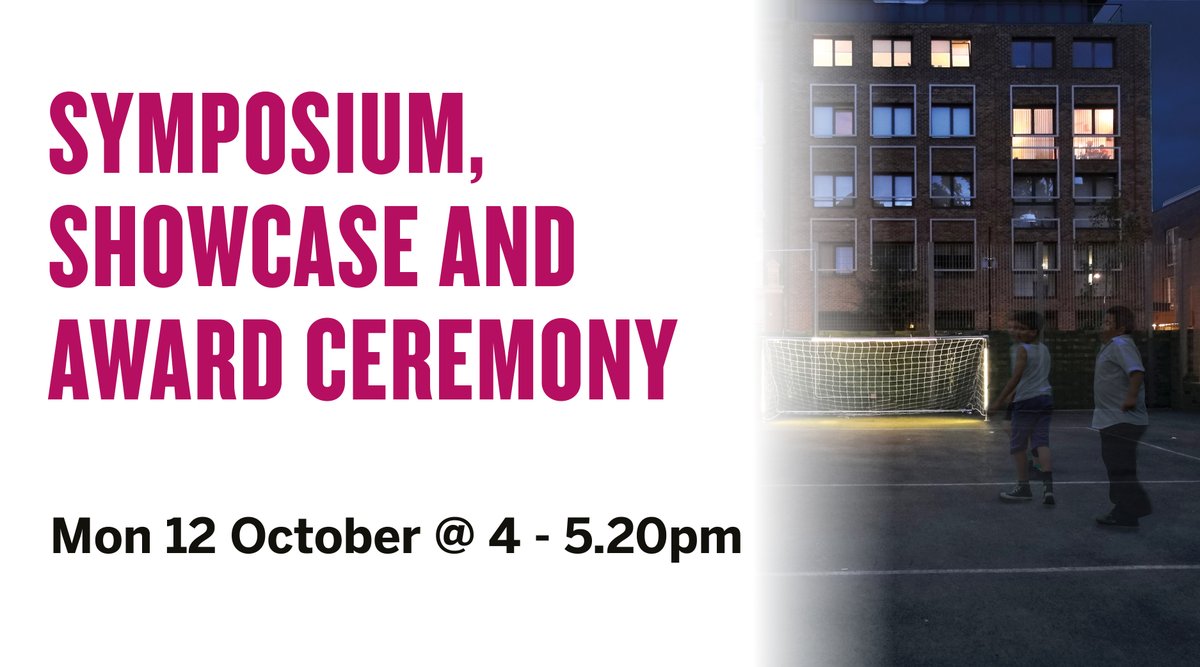The annual #HelenHamlynDesignAwards recognise the best Royal College of Art student projects that use design to improve people’s lives. It rewards creativity in people-centred design across all disciplines of the RCA. #InclusiveDesign ⠀⠀
Here are our shortlisted projects https://abs.twimg.com/emoji/v2/... draggable="false" alt="⤵️" title="Nach rechts zeigender Pfeil mit Krümmung nach unten" aria-label="Emoji: Nach rechts zeigender Pfeil mit Krümmung nach unten">
https://abs.twimg.com/emoji/v2/... draggable="false" alt="⤵️" title="Nach rechts zeigender Pfeil mit Krümmung nach unten" aria-label="Emoji: Nach rechts zeigender Pfeil mit Krümmung nach unten">
Here are our shortlisted projects
Ellen embraced the challenge of creating clothing for elderly audiences living with challenging healthcare needs. There is no doubt her garments will bring a degree of normality, liberation and joy to their wearers.
WeAlign seeks to help those affected by vestibular impairment. It puts the patient in control of their condition and through digital gamification makes its treatment an enjoyable, rewarding exercise.
This wildlife monitoring project shows what the purpose of inclusive design can achieve when applied across a range of needs and aspirations for people and planet.
Malvika conducted interviews with current cancer patients and survivors. An app was created to give support and space for people to express their stress or bereavement through friendship building and gratitude practices.
In a different approach, Wenwen developed an immersive AR simulation experience aiming to educate caregivers and the general public about the unmentioned details of Alzheimer’s disease.
It reaches out to low vision communities across London, Tokyo and New York, framing the need for intuitive and inclusive urban navigation. The concept is a novel and aspirational wearable device.
This is a versatile prosthetic for tennis that allows rotation of the grip of the racket. It intends to optimise performance, as well as being a design sensitive to aesthetic and performance.
This is a charming and evocative digital tool that engages young future change-makers, showing them paths to meaningful influence on society and empowering them through civil self-efficacy.
It creates a typing system for users with physical disabilities. With a strong emphasis on adaptive design to ensure that the system adapts to the user and not the other way around.
A collaborative, low-tech and inclusive process resulted in smart solutions that can be embedded within existing channels and ways of working, to make use of available resources and increase uptake.
Extensive user research at a construction site in West London uncovered unseen needs associated with the heavy duty work. This also raises social recognition of blue-collar workers’ contributions to society.⠀
The project investigates the emergence of the use of data in South Africa’s healthcare system. Through the use of AR, the project posits traditional practitioners who have been excluded in South Africa’s healthcare.
It utilises freeze-dried technology to dehydrate human donor milk that would otherwise be thrown out and turns it into a powder that can be delivered to mothers in refugee camps.
Anemoi is a platform and interface that enables intelligent wayfinding in wildfire evacuations while considering human behaviour needs and environmental constraints. It is designed to work in tandem with existing alert systems.
Join us for the announcement of these awards at 4PM today by booking on now for free: https://rca-ac.zoom.us/webinar/register/WN_q95f25SmSoqVW8sTnfVfcA
We">https://rca-ac.zoom.us/webinar/r... would like to thank the sponsors of the 2020 Helen Hamlyn Design Awards: Snowdon Trust, TATA Consultancy Services & the Helen Hamlyn Trust, for their generous support
We">https://rca-ac.zoom.us/webinar/r... would like to thank the sponsors of the 2020 Helen Hamlyn Design Awards: Snowdon Trust, TATA Consultancy Services & the Helen Hamlyn Trust, for their generous support

 Read on Twitter
Read on Twitter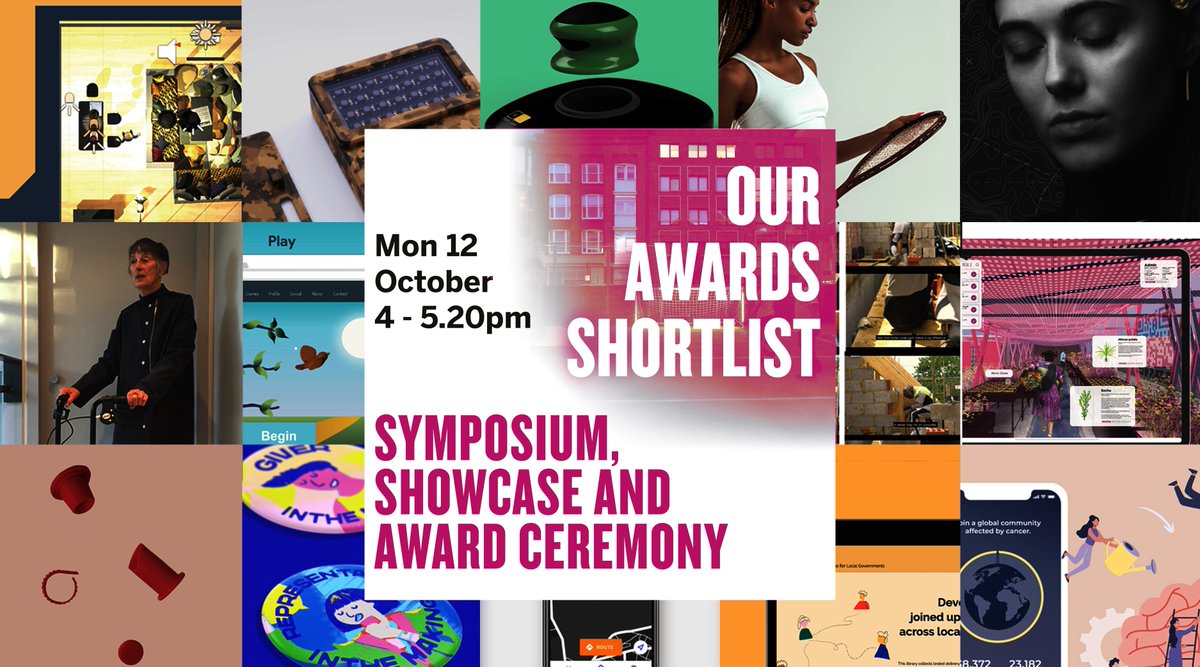 " title="The annual #HelenHamlynDesignAwards recognise the best Royal College of Art student projects that use design to improve people’s lives. It rewards creativity in people-centred design across all disciplines of the RCA. #InclusiveDesign ⠀⠀Here are our shortlisted projects https://abs.twimg.com/emoji/v2/... draggable="false" alt="⤵️" title="Nach rechts zeigender Pfeil mit Krümmung nach unten" aria-label="Emoji: Nach rechts zeigender Pfeil mit Krümmung nach unten">" class="img-responsive" style="max-width:100%;"/>
" title="The annual #HelenHamlynDesignAwards recognise the best Royal College of Art student projects that use design to improve people’s lives. It rewards creativity in people-centred design across all disciplines of the RCA. #InclusiveDesign ⠀⠀Here are our shortlisted projects https://abs.twimg.com/emoji/v2/... draggable="false" alt="⤵️" title="Nach rechts zeigender Pfeil mit Krümmung nach unten" aria-label="Emoji: Nach rechts zeigender Pfeil mit Krümmung nach unten">" class="img-responsive" style="max-width:100%;"/>
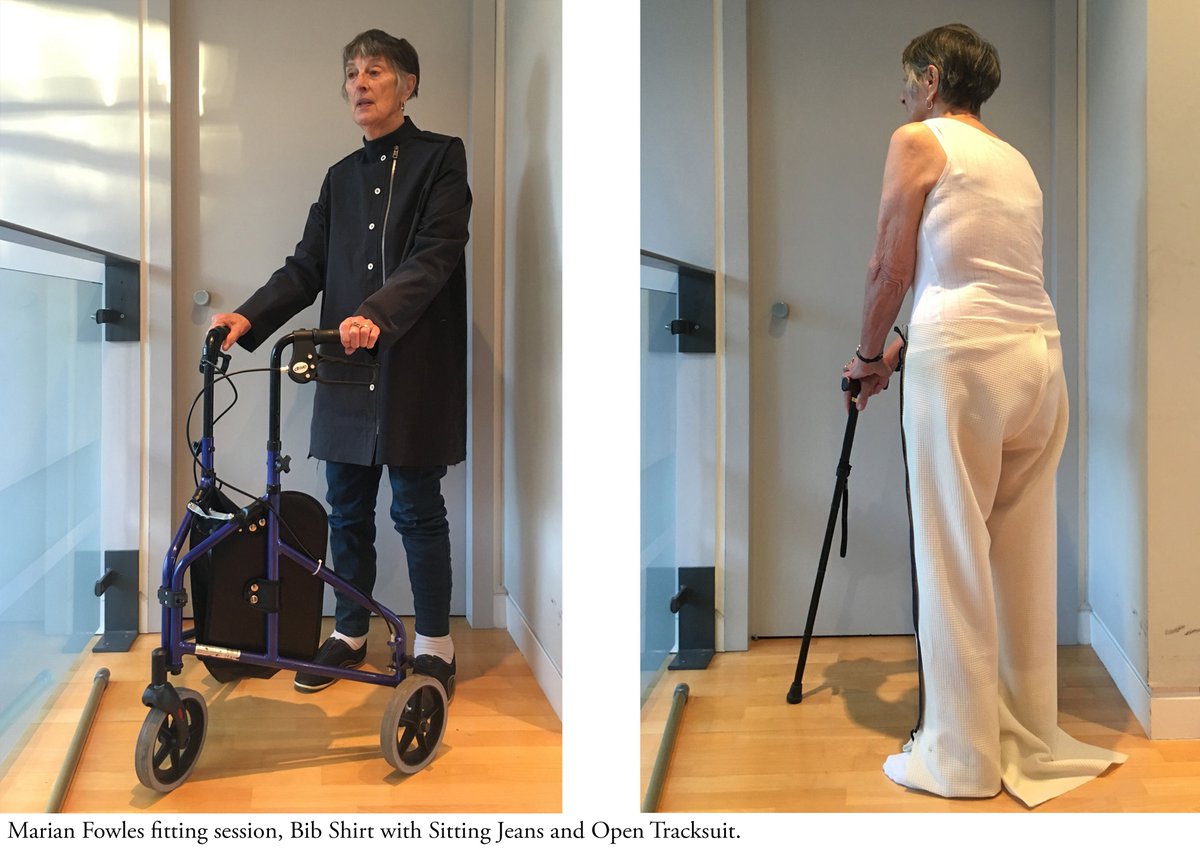 ELLEN FOWLES, Project: ‘MARIAN’.⠀Ellen embraced the challenge of creating clothing for elderly audiences living with challenging healthcare needs. There is no doubt her garments will bring a degree of normality, liberation and joy to their wearers." title="https://abs.twimg.com/emoji/v2/... draggable="false" alt="⭐️" title="Mittelgroßer Stern" aria-label="Emoji: Mittelgroßer Stern"> ELLEN FOWLES, Project: ‘MARIAN’.⠀Ellen embraced the challenge of creating clothing for elderly audiences living with challenging healthcare needs. There is no doubt her garments will bring a degree of normality, liberation and joy to their wearers." class="img-responsive" style="max-width:100%;"/>
ELLEN FOWLES, Project: ‘MARIAN’.⠀Ellen embraced the challenge of creating clothing for elderly audiences living with challenging healthcare needs. There is no doubt her garments will bring a degree of normality, liberation and joy to their wearers." title="https://abs.twimg.com/emoji/v2/... draggable="false" alt="⭐️" title="Mittelgroßer Stern" aria-label="Emoji: Mittelgroßer Stern"> ELLEN FOWLES, Project: ‘MARIAN’.⠀Ellen embraced the challenge of creating clothing for elderly audiences living with challenging healthcare needs. There is no doubt her garments will bring a degree of normality, liberation and joy to their wearers." class="img-responsive" style="max-width:100%;"/>
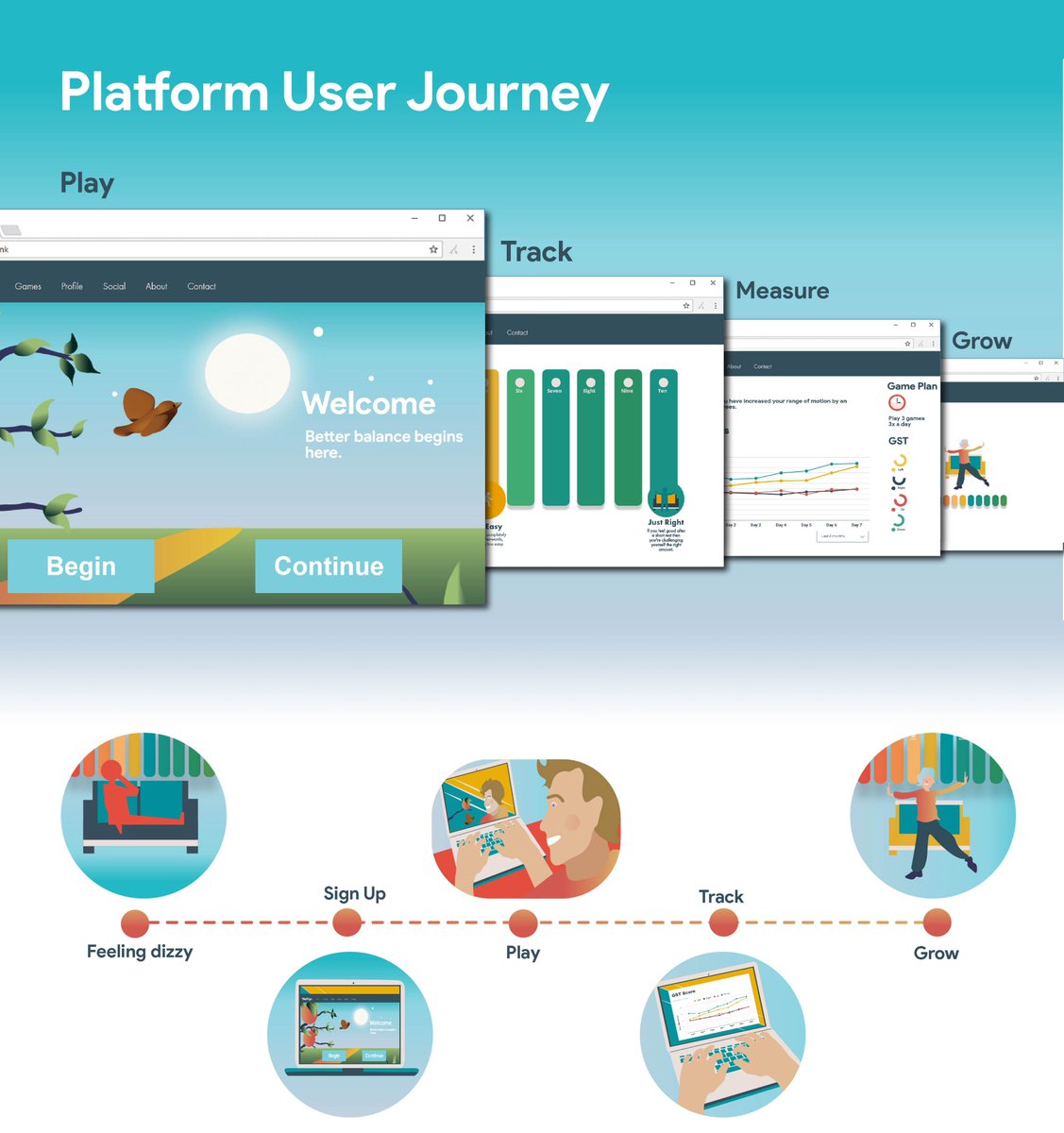 WUQING HIPSH, Project: ‘WEALIGN’.⠀WeAlign seeks to help those affected by vestibular impairment. It puts the patient in control of their condition and through digital gamification makes its treatment an enjoyable, rewarding exercise." title="https://abs.twimg.com/emoji/v2/... draggable="false" alt="⭐️" title="Mittelgroßer Stern" aria-label="Emoji: Mittelgroßer Stern"> WUQING HIPSH, Project: ‘WEALIGN’.⠀WeAlign seeks to help those affected by vestibular impairment. It puts the patient in control of their condition and through digital gamification makes its treatment an enjoyable, rewarding exercise." class="img-responsive" style="max-width:100%;"/>
WUQING HIPSH, Project: ‘WEALIGN’.⠀WeAlign seeks to help those affected by vestibular impairment. It puts the patient in control of their condition and through digital gamification makes its treatment an enjoyable, rewarding exercise." title="https://abs.twimg.com/emoji/v2/... draggable="false" alt="⭐️" title="Mittelgroßer Stern" aria-label="Emoji: Mittelgroßer Stern"> WUQING HIPSH, Project: ‘WEALIGN’.⠀WeAlign seeks to help those affected by vestibular impairment. It puts the patient in control of their condition and through digital gamification makes its treatment an enjoyable, rewarding exercise." class="img-responsive" style="max-width:100%;"/>
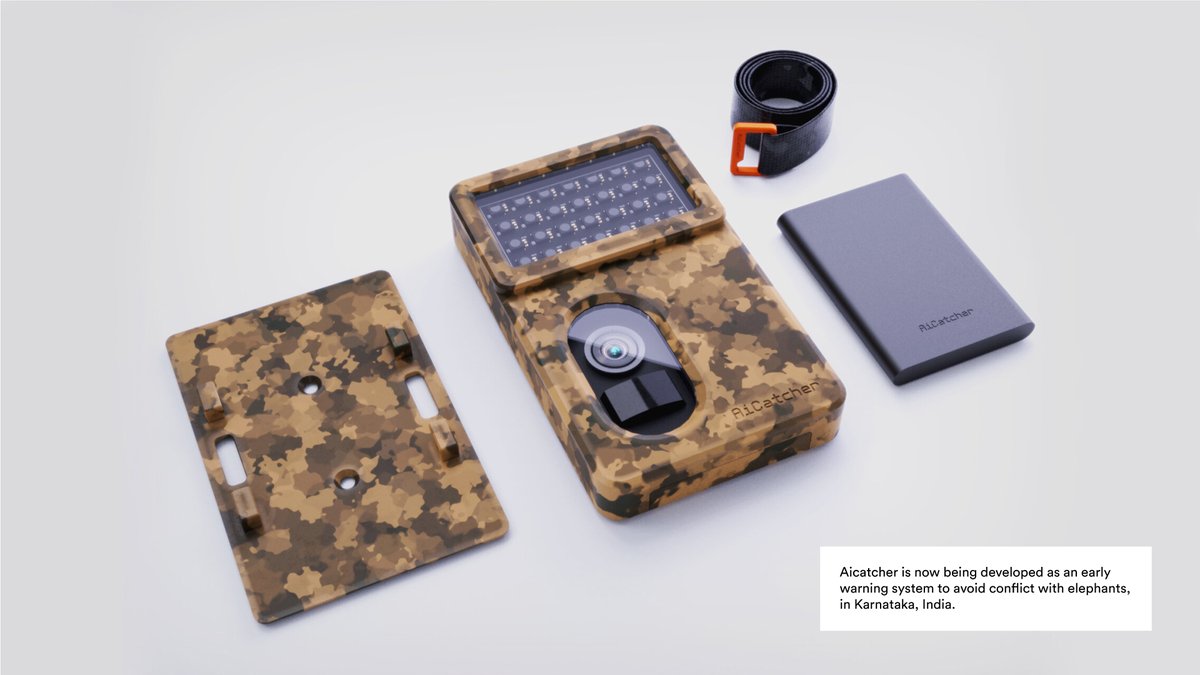 DEEPAK MALLYA, Project: ‘AICATCHER’.⠀This wildlife monitoring project shows what the purpose of inclusive design can achieve when applied across a range of needs and aspirations for people and planet." title="https://abs.twimg.com/emoji/v2/... draggable="false" alt="⭐️" title="Mittelgroßer Stern" aria-label="Emoji: Mittelgroßer Stern"> DEEPAK MALLYA, Project: ‘AICATCHER’.⠀This wildlife monitoring project shows what the purpose of inclusive design can achieve when applied across a range of needs and aspirations for people and planet." class="img-responsive" style="max-width:100%;"/>
DEEPAK MALLYA, Project: ‘AICATCHER’.⠀This wildlife monitoring project shows what the purpose of inclusive design can achieve when applied across a range of needs and aspirations for people and planet." title="https://abs.twimg.com/emoji/v2/... draggable="false" alt="⭐️" title="Mittelgroßer Stern" aria-label="Emoji: Mittelgroßer Stern"> DEEPAK MALLYA, Project: ‘AICATCHER’.⠀This wildlife monitoring project shows what the purpose of inclusive design can achieve when applied across a range of needs and aspirations for people and planet." class="img-responsive" style="max-width:100%;"/>
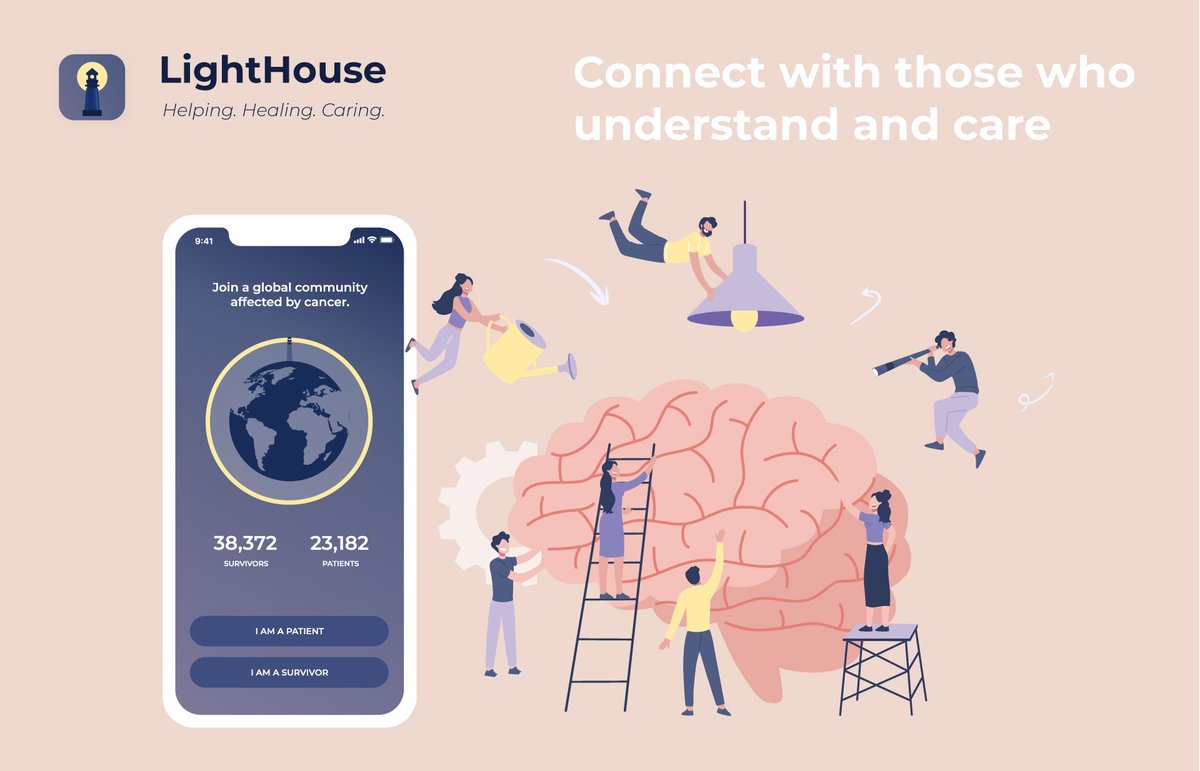 MALVIKA BHASIN, Project: ‘LIGHTHOUSE’.⠀Malvika conducted interviews with current cancer patients and survivors. An app was created to give support and space for people to express their stress or bereavement through friendship building and gratitude practices." title="https://abs.twimg.com/emoji/v2/... draggable="false" alt="⭐️" title="Mittelgroßer Stern" aria-label="Emoji: Mittelgroßer Stern"> MALVIKA BHASIN, Project: ‘LIGHTHOUSE’.⠀Malvika conducted interviews with current cancer patients and survivors. An app was created to give support and space for people to express their stress or bereavement through friendship building and gratitude practices." class="img-responsive" style="max-width:100%;"/>
MALVIKA BHASIN, Project: ‘LIGHTHOUSE’.⠀Malvika conducted interviews with current cancer patients and survivors. An app was created to give support and space for people to express their stress or bereavement through friendship building and gratitude practices." title="https://abs.twimg.com/emoji/v2/... draggable="false" alt="⭐️" title="Mittelgroßer Stern" aria-label="Emoji: Mittelgroßer Stern"> MALVIKA BHASIN, Project: ‘LIGHTHOUSE’.⠀Malvika conducted interviews with current cancer patients and survivors. An app was created to give support and space for people to express their stress or bereavement through friendship building and gratitude practices." class="img-responsive" style="max-width:100%;"/>
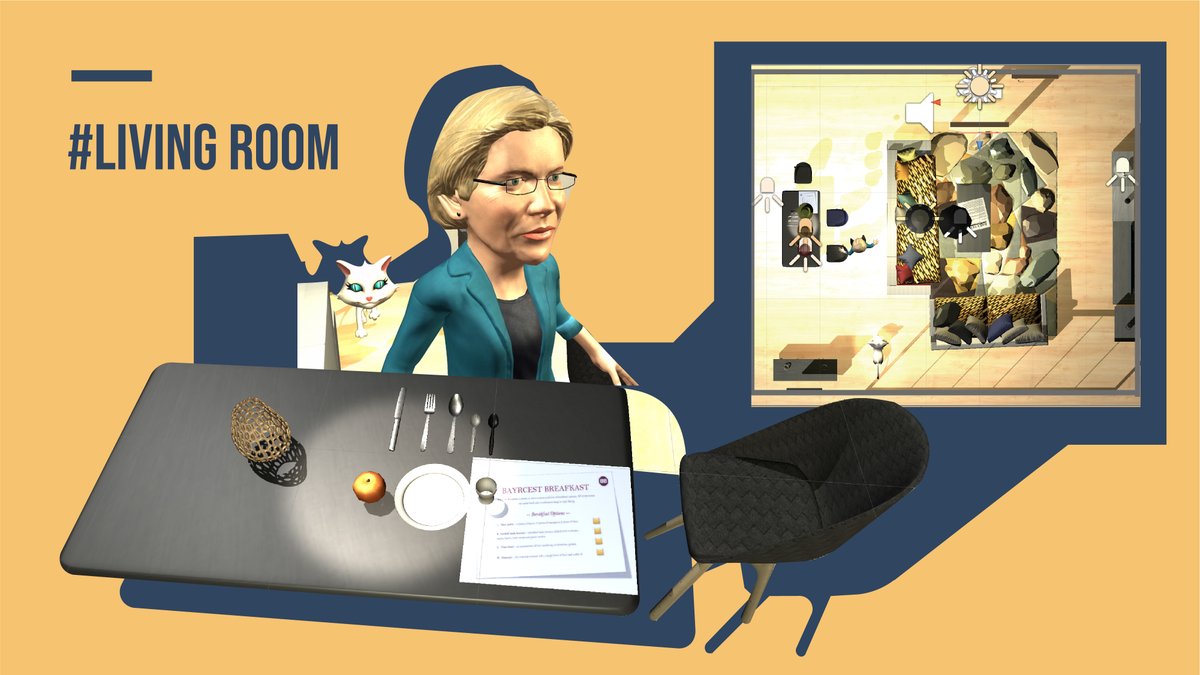 WENWEN FAN, Project: ‘THE UNMENTIONED’.⠀In a different approach, Wenwen developed an immersive AR simulation experience aiming to educate caregivers and the general public about the unmentioned details of Alzheimer’s disease." title="https://abs.twimg.com/emoji/v2/... draggable="false" alt="⭐️" title="Mittelgroßer Stern" aria-label="Emoji: Mittelgroßer Stern"> WENWEN FAN, Project: ‘THE UNMENTIONED’.⠀In a different approach, Wenwen developed an immersive AR simulation experience aiming to educate caregivers and the general public about the unmentioned details of Alzheimer’s disease." class="img-responsive" style="max-width:100%;"/>
WENWEN FAN, Project: ‘THE UNMENTIONED’.⠀In a different approach, Wenwen developed an immersive AR simulation experience aiming to educate caregivers and the general public about the unmentioned details of Alzheimer’s disease." title="https://abs.twimg.com/emoji/v2/... draggable="false" alt="⭐️" title="Mittelgroßer Stern" aria-label="Emoji: Mittelgroßer Stern"> WENWEN FAN, Project: ‘THE UNMENTIONED’.⠀In a different approach, Wenwen developed an immersive AR simulation experience aiming to educate caregivers and the general public about the unmentioned details of Alzheimer’s disease." class="img-responsive" style="max-width:100%;"/>
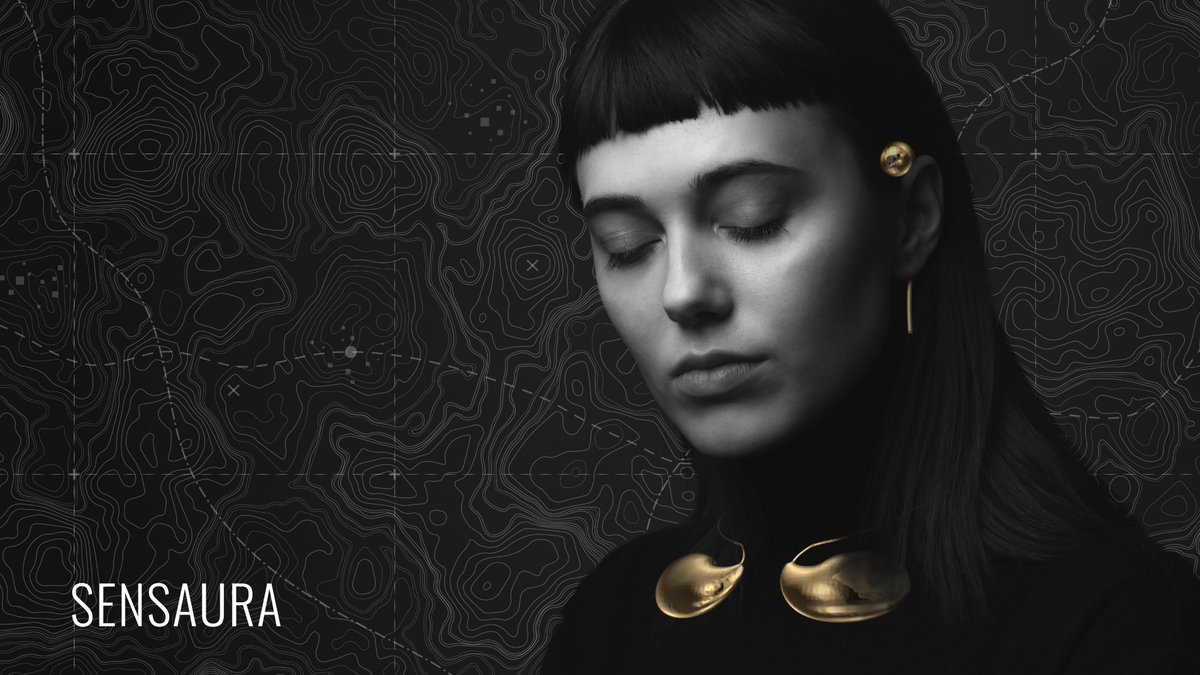 SOPHIE HORROCKS, Project: ‘SENSAURA’.⠀It reaches out to low vision communities across London, Tokyo and New York, framing the need for intuitive and inclusive urban navigation. The concept is a novel and aspirational wearable device." title="https://abs.twimg.com/emoji/v2/... draggable="false" alt="⭐️" title="Mittelgroßer Stern" aria-label="Emoji: Mittelgroßer Stern"> SOPHIE HORROCKS, Project: ‘SENSAURA’.⠀It reaches out to low vision communities across London, Tokyo and New York, framing the need for intuitive and inclusive urban navigation. The concept is a novel and aspirational wearable device." class="img-responsive" style="max-width:100%;"/>
SOPHIE HORROCKS, Project: ‘SENSAURA’.⠀It reaches out to low vision communities across London, Tokyo and New York, framing the need for intuitive and inclusive urban navigation. The concept is a novel and aspirational wearable device." title="https://abs.twimg.com/emoji/v2/... draggable="false" alt="⭐️" title="Mittelgroßer Stern" aria-label="Emoji: Mittelgroßer Stern"> SOPHIE HORROCKS, Project: ‘SENSAURA’.⠀It reaches out to low vision communities across London, Tokyo and New York, framing the need for intuitive and inclusive urban navigation. The concept is a novel and aspirational wearable device." class="img-responsive" style="max-width:100%;"/>
 NACHO VILANOVA, Project: ‘VOLTA’.⠀This is a versatile prosthetic for tennis that allows rotation of the grip of the racket. It intends to optimise performance, as well as being a design sensitive to aesthetic and performance." title="https://abs.twimg.com/emoji/v2/... draggable="false" alt="⭐️" title="Mittelgroßer Stern" aria-label="Emoji: Mittelgroßer Stern"> NACHO VILANOVA, Project: ‘VOLTA’.⠀This is a versatile prosthetic for tennis that allows rotation of the grip of the racket. It intends to optimise performance, as well as being a design sensitive to aesthetic and performance." class="img-responsive" style="max-width:100%;"/>
NACHO VILANOVA, Project: ‘VOLTA’.⠀This is a versatile prosthetic for tennis that allows rotation of the grip of the racket. It intends to optimise performance, as well as being a design sensitive to aesthetic and performance." title="https://abs.twimg.com/emoji/v2/... draggable="false" alt="⭐️" title="Mittelgroßer Stern" aria-label="Emoji: Mittelgroßer Stern"> NACHO VILANOVA, Project: ‘VOLTA’.⠀This is a versatile prosthetic for tennis that allows rotation of the grip of the racket. It intends to optimise performance, as well as being a design sensitive to aesthetic and performance." class="img-responsive" style="max-width:100%;"/>
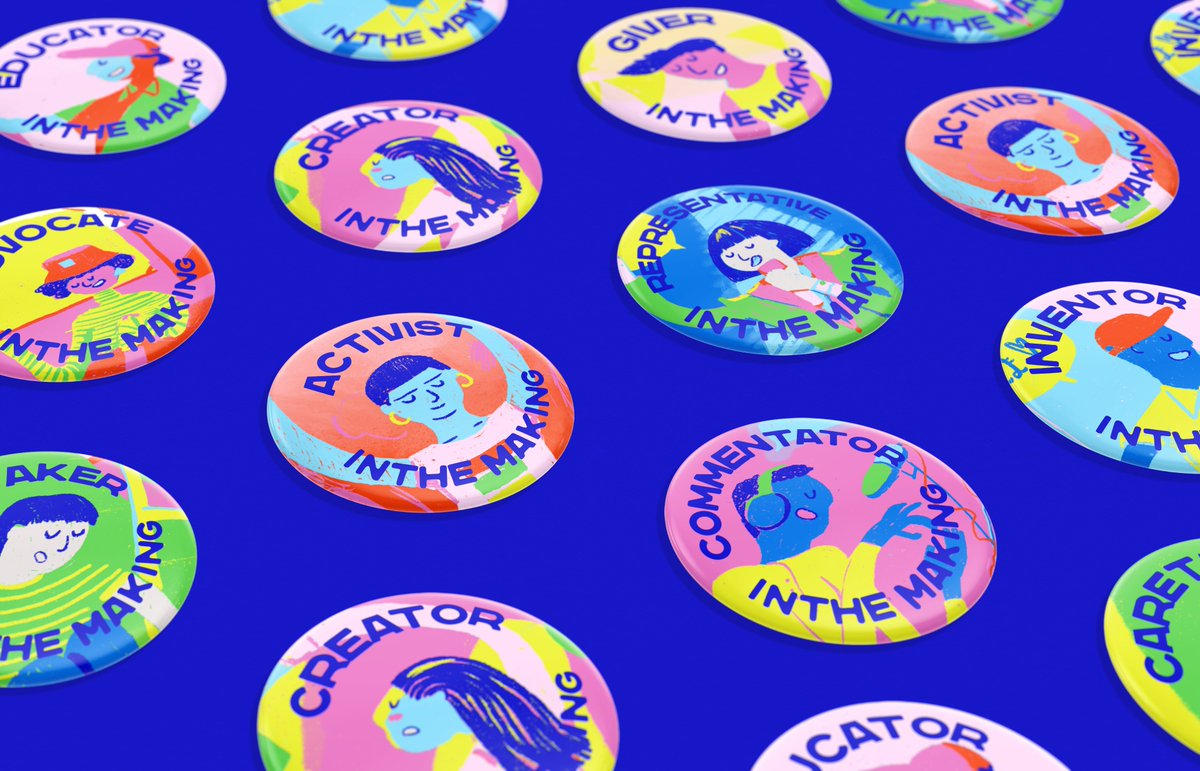 EVA OOSTERLAKEN, Project: ‘CITIZENS IN THE MAKING’.⠀This is a charming and evocative digital tool that engages young future change-makers, showing them paths to meaningful influence on society and empowering them through civil self-efficacy." title="https://abs.twimg.com/emoji/v2/... draggable="false" alt="⭐️" title="Mittelgroßer Stern" aria-label="Emoji: Mittelgroßer Stern"> EVA OOSTERLAKEN, Project: ‘CITIZENS IN THE MAKING’.⠀This is a charming and evocative digital tool that engages young future change-makers, showing them paths to meaningful influence on society and empowering them through civil self-efficacy." class="img-responsive" style="max-width:100%;"/>
EVA OOSTERLAKEN, Project: ‘CITIZENS IN THE MAKING’.⠀This is a charming and evocative digital tool that engages young future change-makers, showing them paths to meaningful influence on society and empowering them through civil self-efficacy." title="https://abs.twimg.com/emoji/v2/... draggable="false" alt="⭐️" title="Mittelgroßer Stern" aria-label="Emoji: Mittelgroßer Stern"> EVA OOSTERLAKEN, Project: ‘CITIZENS IN THE MAKING’.⠀This is a charming and evocative digital tool that engages young future change-makers, showing them paths to meaningful influence on society and empowering them through civil self-efficacy." class="img-responsive" style="max-width:100%;"/>
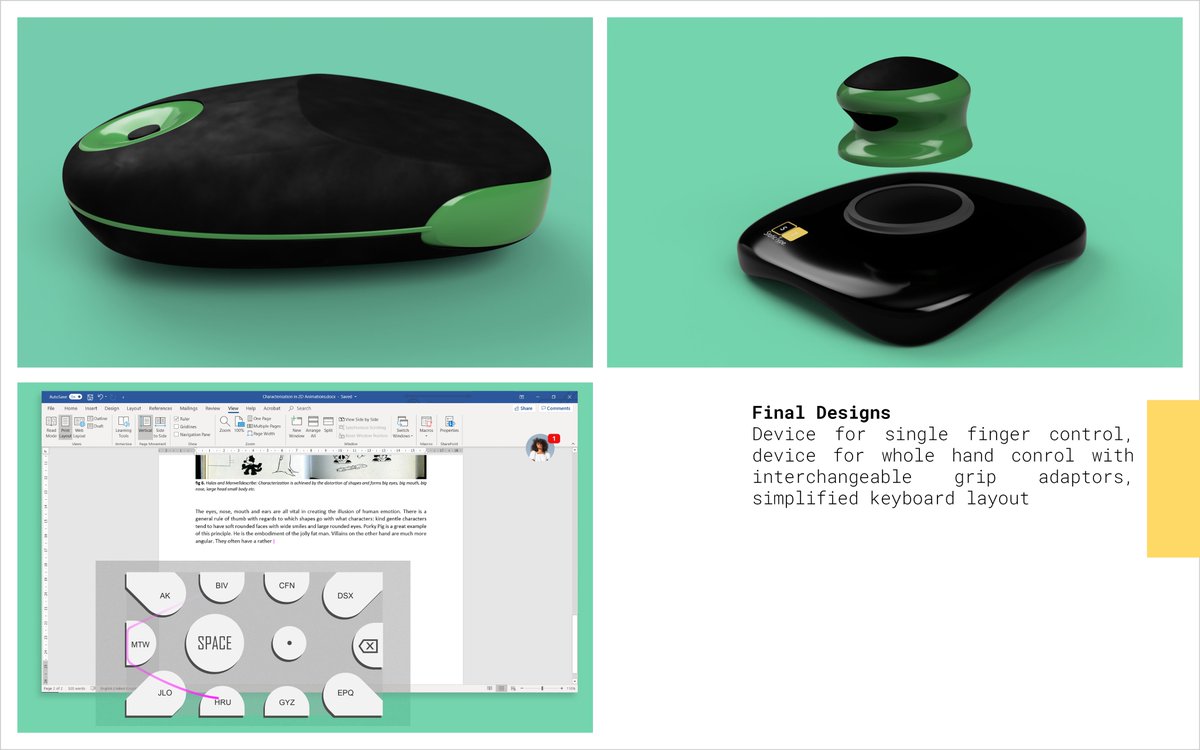 FINLAY DUNCAN, Project: ‘STATICTYPE’.⠀It creates a typing system for users with physical disabilities. With a strong emphasis on adaptive design to ensure that the system adapts to the user and not the other way around." title="https://abs.twimg.com/emoji/v2/... draggable="false" alt="⭐️" title="Mittelgroßer Stern" aria-label="Emoji: Mittelgroßer Stern"> FINLAY DUNCAN, Project: ‘STATICTYPE’.⠀It creates a typing system for users with physical disabilities. With a strong emphasis on adaptive design to ensure that the system adapts to the user and not the other way around." class="img-responsive" style="max-width:100%;"/>
FINLAY DUNCAN, Project: ‘STATICTYPE’.⠀It creates a typing system for users with physical disabilities. With a strong emphasis on adaptive design to ensure that the system adapts to the user and not the other way around." title="https://abs.twimg.com/emoji/v2/... draggable="false" alt="⭐️" title="Mittelgroßer Stern" aria-label="Emoji: Mittelgroßer Stern"> FINLAY DUNCAN, Project: ‘STATICTYPE’.⠀It creates a typing system for users with physical disabilities. With a strong emphasis on adaptive design to ensure that the system adapts to the user and not the other way around." class="img-responsive" style="max-width:100%;"/>
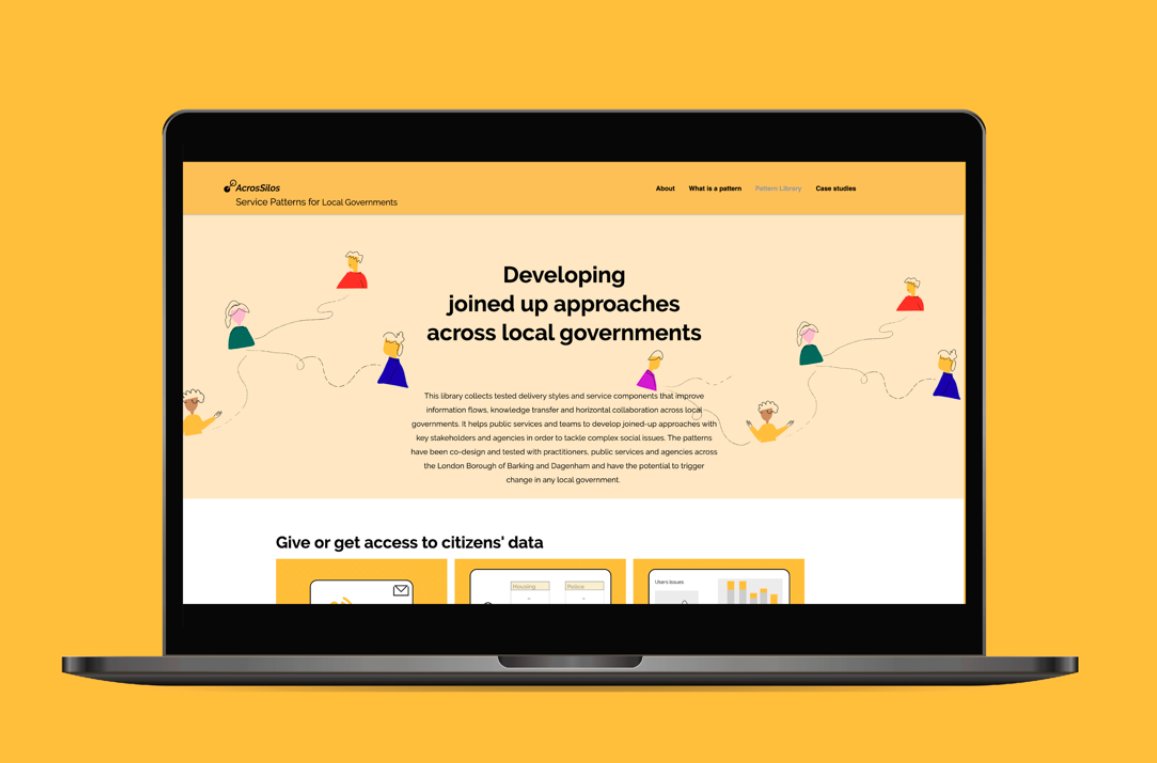 EMILIA D’ORAZIO & SAUMYA SINGHAI, Project: ‘ACROSSILOS’.⠀A collaborative, low-tech and inclusive process resulted in smart solutions that can be embedded within existing channels and ways of working, to make use of available resources and increase uptake." title="https://abs.twimg.com/emoji/v2/... draggable="false" alt="⭐️" title="Mittelgroßer Stern" aria-label="Emoji: Mittelgroßer Stern"> EMILIA D’ORAZIO & SAUMYA SINGHAI, Project: ‘ACROSSILOS’.⠀A collaborative, low-tech and inclusive process resulted in smart solutions that can be embedded within existing channels and ways of working, to make use of available resources and increase uptake." class="img-responsive" style="max-width:100%;"/>
EMILIA D’ORAZIO & SAUMYA SINGHAI, Project: ‘ACROSSILOS’.⠀A collaborative, low-tech and inclusive process resulted in smart solutions that can be embedded within existing channels and ways of working, to make use of available resources and increase uptake." title="https://abs.twimg.com/emoji/v2/... draggable="false" alt="⭐️" title="Mittelgroßer Stern" aria-label="Emoji: Mittelgroßer Stern"> EMILIA D’ORAZIO & SAUMYA SINGHAI, Project: ‘ACROSSILOS’.⠀A collaborative, low-tech and inclusive process resulted in smart solutions that can be embedded within existing channels and ways of working, to make use of available resources and increase uptake." class="img-responsive" style="max-width:100%;"/>
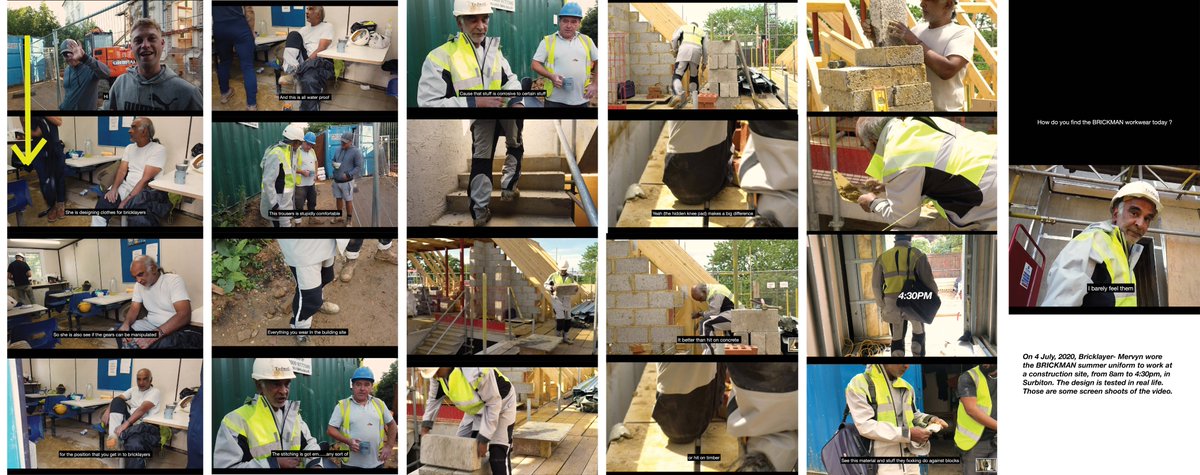 MEISZE TSANG, Project: ‘BRICKMAN’.⠀Extensive user research at a construction site in West London uncovered unseen needs associated with the heavy duty work. This also raises social recognition of blue-collar workers’ contributions to society.⠀" title="https://abs.twimg.com/emoji/v2/... draggable="false" alt="⭐️" title="Mittelgroßer Stern" aria-label="Emoji: Mittelgroßer Stern"> MEISZE TSANG, Project: ‘BRICKMAN’.⠀Extensive user research at a construction site in West London uncovered unseen needs associated with the heavy duty work. This also raises social recognition of blue-collar workers’ contributions to society.⠀" class="img-responsive" style="max-width:100%;"/>
MEISZE TSANG, Project: ‘BRICKMAN’.⠀Extensive user research at a construction site in West London uncovered unseen needs associated with the heavy duty work. This also raises social recognition of blue-collar workers’ contributions to society.⠀" title="https://abs.twimg.com/emoji/v2/... draggable="false" alt="⭐️" title="Mittelgroßer Stern" aria-label="Emoji: Mittelgroßer Stern"> MEISZE TSANG, Project: ‘BRICKMAN’.⠀Extensive user research at a construction site in West London uncovered unseen needs associated with the heavy duty work. This also raises social recognition of blue-collar workers’ contributions to society.⠀" class="img-responsive" style="max-width:100%;"/>
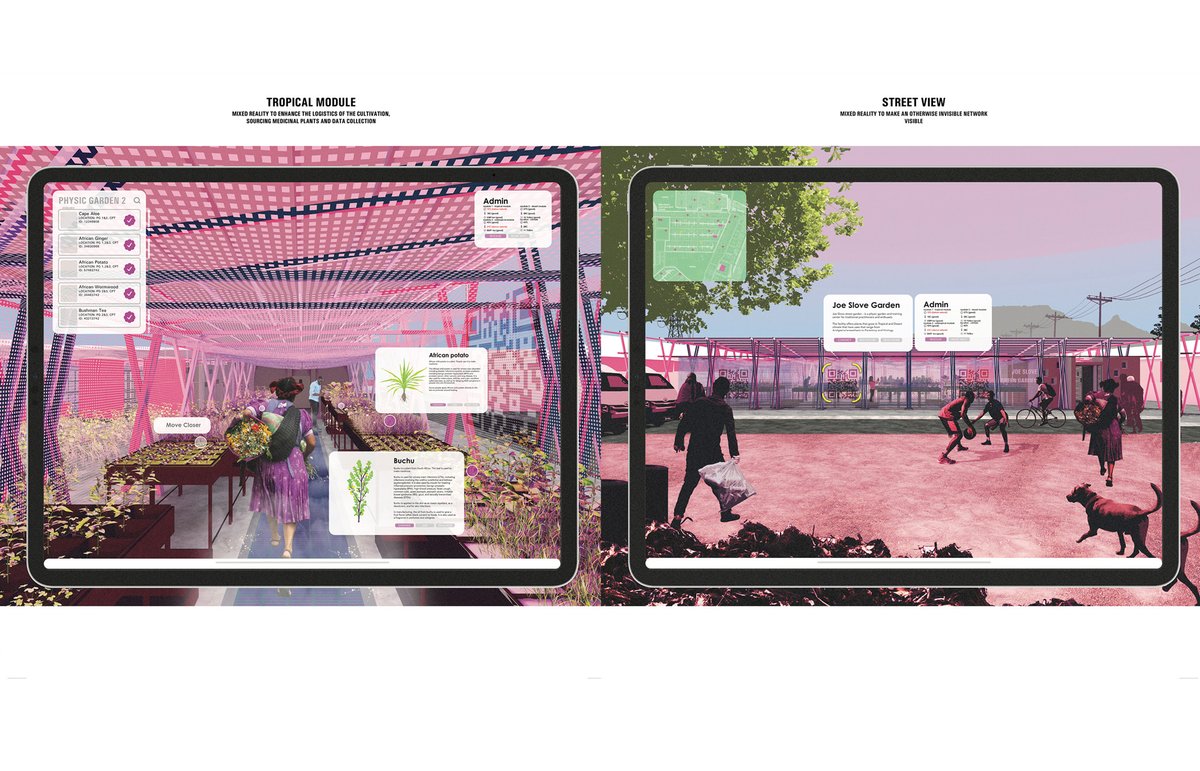 LWANGA MAYOLA TIKAKA, Project: ‘DEMOCRATISING HEALTHCARE’.⠀The project investigates the emergence of the use of data in South Africa’s healthcare system. Through the use of AR, the project posits traditional practitioners who have been excluded in South Africa’s healthcare." title="https://abs.twimg.com/emoji/v2/... draggable="false" alt="⭐️" title="Mittelgroßer Stern" aria-label="Emoji: Mittelgroßer Stern"> LWANGA MAYOLA TIKAKA, Project: ‘DEMOCRATISING HEALTHCARE’.⠀The project investigates the emergence of the use of data in South Africa’s healthcare system. Through the use of AR, the project posits traditional practitioners who have been excluded in South Africa’s healthcare." class="img-responsive" style="max-width:100%;"/>
LWANGA MAYOLA TIKAKA, Project: ‘DEMOCRATISING HEALTHCARE’.⠀The project investigates the emergence of the use of data in South Africa’s healthcare system. Through the use of AR, the project posits traditional practitioners who have been excluded in South Africa’s healthcare." title="https://abs.twimg.com/emoji/v2/... draggable="false" alt="⭐️" title="Mittelgroßer Stern" aria-label="Emoji: Mittelgroßer Stern"> LWANGA MAYOLA TIKAKA, Project: ‘DEMOCRATISING HEALTHCARE’.⠀The project investigates the emergence of the use of data in South Africa’s healthcare system. Through the use of AR, the project posits traditional practitioners who have been excluded in South Africa’s healthcare." class="img-responsive" style="max-width:100%;"/>
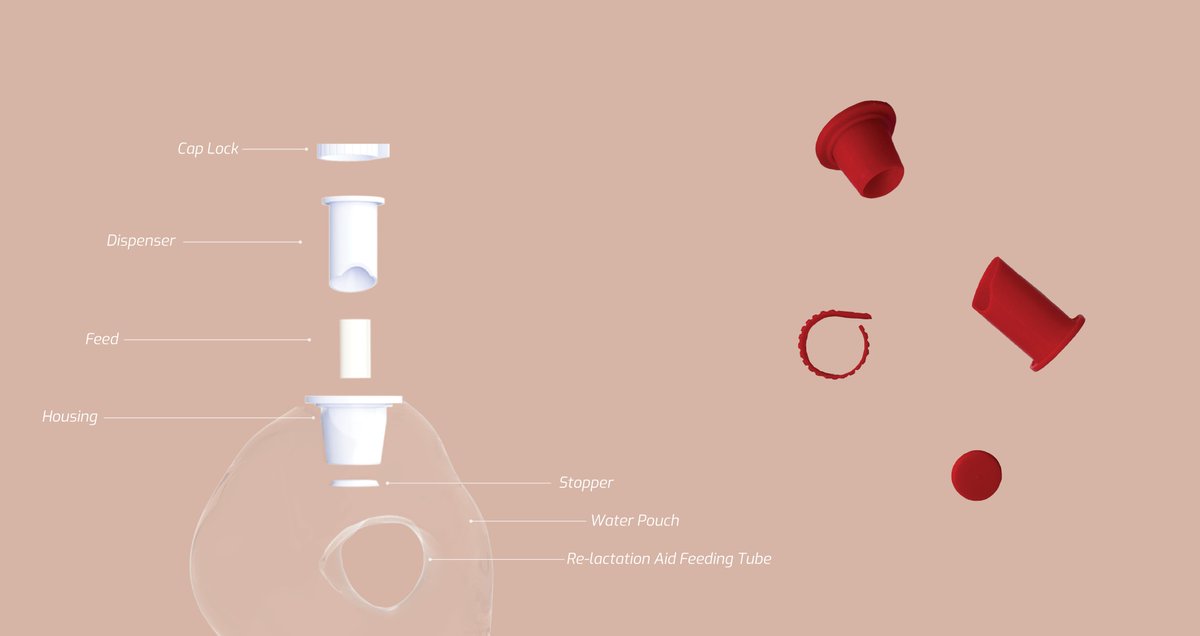 NELOUFAR TAHERI, Project: ‘SHIR’.⠀It utilises freeze-dried technology to dehydrate human donor milk that would otherwise be thrown out and turns it into a powder that can be delivered to mothers in refugee camps." title="https://abs.twimg.com/emoji/v2/... draggable="false" alt="⭐️" title="Mittelgroßer Stern" aria-label="Emoji: Mittelgroßer Stern"> NELOUFAR TAHERI, Project: ‘SHIR’.⠀It utilises freeze-dried technology to dehydrate human donor milk that would otherwise be thrown out and turns it into a powder that can be delivered to mothers in refugee camps." class="img-responsive" style="max-width:100%;"/>
NELOUFAR TAHERI, Project: ‘SHIR’.⠀It utilises freeze-dried technology to dehydrate human donor milk that would otherwise be thrown out and turns it into a powder that can be delivered to mothers in refugee camps." title="https://abs.twimg.com/emoji/v2/... draggable="false" alt="⭐️" title="Mittelgroßer Stern" aria-label="Emoji: Mittelgroßer Stern"> NELOUFAR TAHERI, Project: ‘SHIR’.⠀It utilises freeze-dried technology to dehydrate human donor milk that would otherwise be thrown out and turns it into a powder that can be delivered to mothers in refugee camps." class="img-responsive" style="max-width:100%;"/>
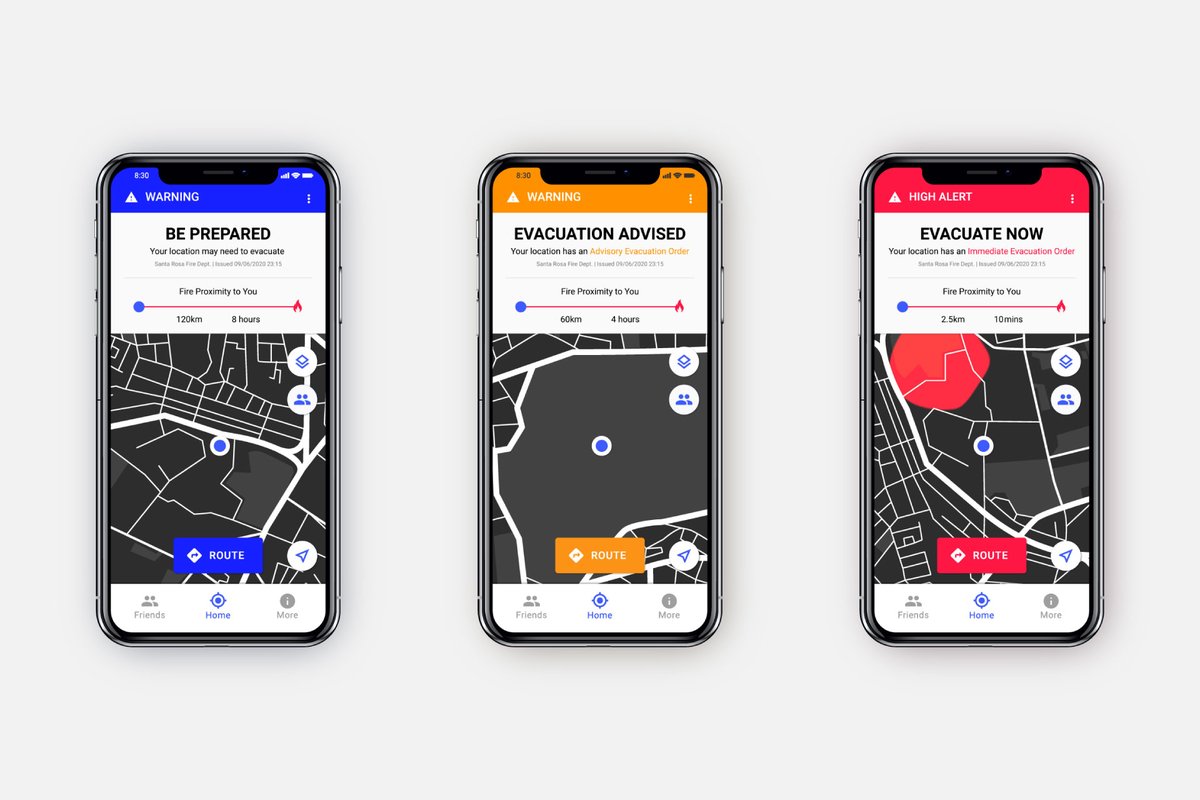 SIOBHAN ANDERSON, Project: ‘ANEMOI’.⠀Anemoi is a platform and interface that enables intelligent wayfinding in wildfire evacuations while considering human behaviour needs and environmental constraints. It is designed to work in tandem with existing alert systems." title="https://abs.twimg.com/emoji/v2/... draggable="false" alt="⭐️" title="Mittelgroßer Stern" aria-label="Emoji: Mittelgroßer Stern"> SIOBHAN ANDERSON, Project: ‘ANEMOI’.⠀Anemoi is a platform and interface that enables intelligent wayfinding in wildfire evacuations while considering human behaviour needs and environmental constraints. It is designed to work in tandem with existing alert systems." class="img-responsive" style="max-width:100%;"/>
SIOBHAN ANDERSON, Project: ‘ANEMOI’.⠀Anemoi is a platform and interface that enables intelligent wayfinding in wildfire evacuations while considering human behaviour needs and environmental constraints. It is designed to work in tandem with existing alert systems." title="https://abs.twimg.com/emoji/v2/... draggable="false" alt="⭐️" title="Mittelgroßer Stern" aria-label="Emoji: Mittelgroßer Stern"> SIOBHAN ANDERSON, Project: ‘ANEMOI’.⠀Anemoi is a platform and interface that enables intelligent wayfinding in wildfire evacuations while considering human behaviour needs and environmental constraints. It is designed to work in tandem with existing alert systems." class="img-responsive" style="max-width:100%;"/>
